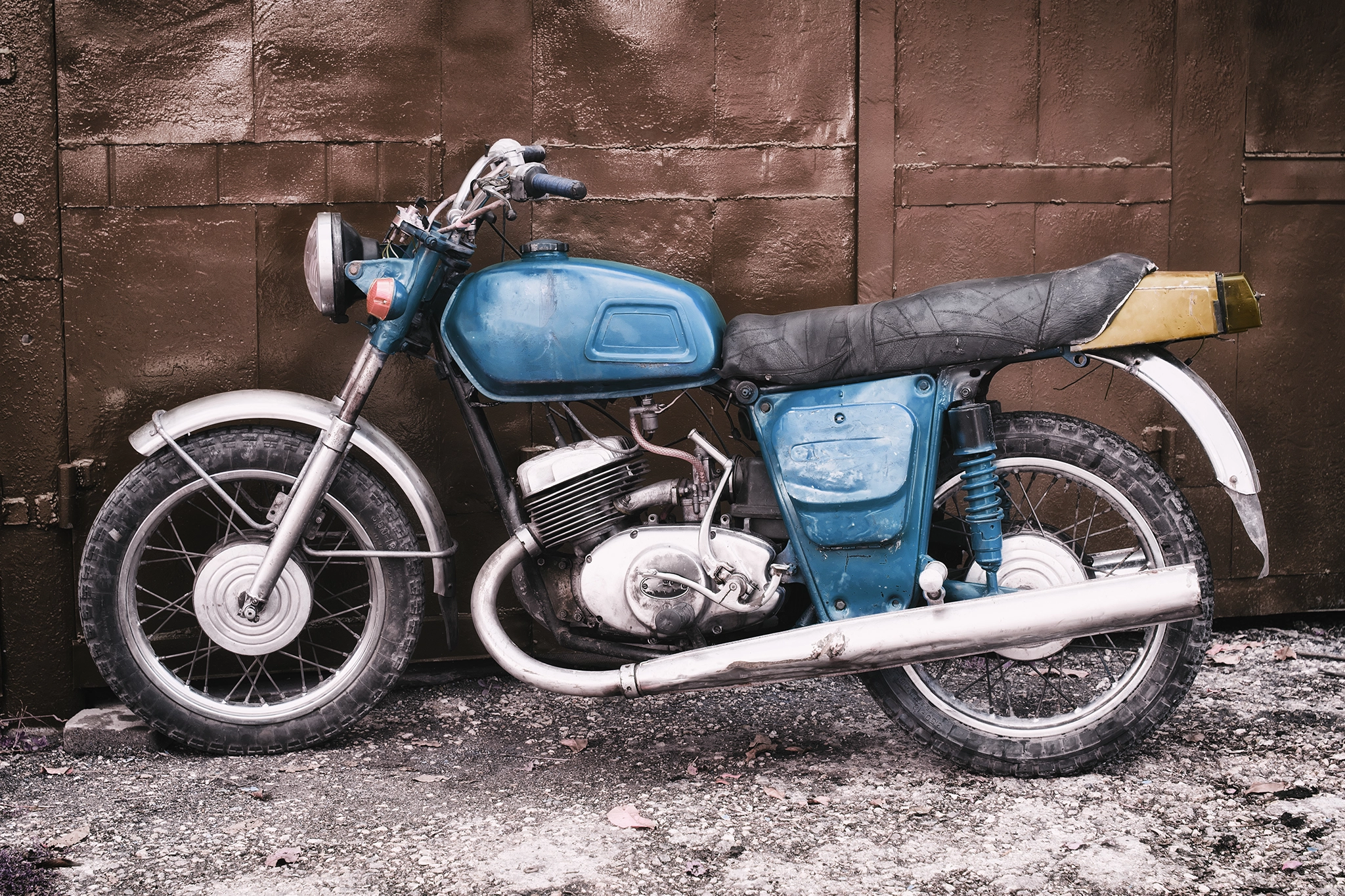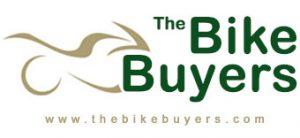As the year comes to a close, you might have made the decision to sell your reliable motorcycle. Whether you’re looking to upgrade, create some space in your garage, or just need additional cash for the upcoming year, it’s vital to sell your bike effectively and profitably. This guide will provide you with essential tips to navigate the selling process smoothly.
From preparing your motorcycle for sale, gathering important documentation, and determining a fair price to marketing your bike to potential buyers, each step is crucial in ensuring you get the best return on your investment. Additionally, we’ll discuss how to handle negotiations and closing the deal, making sure the entire experience is as easy as possible. Follow this guide to maximize your profit while minimizing any stress involved in selling your motorcycle before the new year.
Preparing Your Motorcycle for a Top-Dollar Sale
Initial perceptions are crucial; a motorcycle that is well-presented not only attracts attention but also commands a higher selling price. Ensuring that your bike looks its best enhances its appeal and can significantly influence its market value, making it more desirable to potential buyers.
- Deep Clean: Wash, wax, and detail your bike meticulously. Remove all dirt, grime, and any lingering road debris. A shining bike looks more appealing and suggests it’s been well-maintained.
- Address Minor Issues: Fix any small problems like loose mirrors, burnt-out lights, or low tire pressure. These minor repairs demonstrate care and can significantly impact buyer perception. While major repairs might not be cost-effective before selling, tackling the small stuff is worthwhile.
- Gather Your Documents: Have all necessary paperwork readily available. This includes the title, registration, service history (maintenance records are invaluable!), and any receipts for modifications or upgrades. A well-organized seller builds trust.
Determining Your Motorcycle’s True Value
Setting the right price for your motorcycle is vital. Overpricing can drive potential buyers away, while underpricing may result in a loss of potential earnings. Striking the perfect balance ensures you attract interested buyers without sacrificing your profit. Assess market trends and comparable models to determine an optimal price that reflects your motorcycle’s true value.
- Online Valuation Tools: Utilize resources like Kelley Blue Book (KBB) or NADA Guides. Input your bike’s make, model, year, mileage, and condition for an estimated value. Remember, these are estimates; condition significantly impacts value.
- Check Local Market Prices: Browse online marketplaces (like Craigslist, Facebook Marketplace, or Cycle Trader) to see what similar motorcycles are selling in your area. This gives you a realistic sense of current market demand.
- Set a Realistic Price: Consider the condition of your motorcycle and the average prices you’ve researched. A slightly lower price might attract more buyers quickly, especially if you must sell before the year ends.
Choosing the Right Sales Method
There are various methods available for selling your motorcycle, each with its own advantages and disadvantages. Exploring these options will help you understand which approach best aligns with your goals, whether you prioritize speed, convenience, or maximizing the sale price of your bike.
Selling to a Motorcycle Buyer
Companies specializing in buying used motorcycles, like The Bike Buyers, offer a quick and straightforward sale. You’ll get a fast quote with minimal hassle and usually cash on the spot. This is ideal for speed and convenience.
Private Sale
A private sale offers the potential for a higher selling price but requires more effort. You’ll need to create compelling online advertisements with high-quality photos, respond to inquiries, arrange test rides, negotiate with potential buyers, and handle all the paperwork. This option demands more time and effort but potentially yields a better price.
Trade-In at a Dealership
If you’re buying a new motorcycle, trading in your old one is convenient. However, dealerships typically offer lower prices than private sales or specialized buyers.
Avoiding Scams
Stay alert when selling your motorcycle, particularly for private sales. It’s essential to remain cautious to avoid potential scams or misunderstandings. Taking necessary precautions will ensure a smoother transaction and help protect your interests throughout the selling process.
- Safe Meeting Locations: Always meet potential buyers in public, well-lit areas during daylight hours. Never meet in secluded locations or at night.
- Secure Payment: Preferably, insist on cash payment. If accepting checks, verify the check’s authenticity at the issuing bank before releasing the motorcycle.
- Protect Your Information: Avoid sharing personal information like your home address or bank details until you know the buyer’s legitimacy.

Finalizing the Sale
Once you’ve accepted an offer:
- Transfer the Title: Properly complete the title transfer according to your state’s regulations. This usually involves signing the title and providing the buyer with a bill of sale.
- Remove License Plates: Please take the time to carefully detach the license plates from the motorcycle. This is an important step to ensure that the vehicle can be managed or stored appropriately.
- Cancel Insurance: Be sure to contact your insurance provider to inform them that you have completed the sale of your motorcycle. It is essential to update them about this change in ownership to ensure that your insurance policy is adjusted accordingly and to prevent any potential issues in the future.
Conclusion
Selling your motorcycle before year-end can be a hassle-free experience with the right approach. To start, prepare your bike thoroughly to ensure it’s in good condition, which can attract more buyers. Next, determine its fair market value by researching similar models and their selling prices. This will help you set a competitive yet reasonable asking price.
Regarding selling methods, consider your priorities- whether you value speed, convenience, or maximizing profit. For instance, selling through a dealership might be faster, while selling privately could yield a higher profit. Always prioritize safety during the transaction: meet potential buyers in public places and consider accepting secure payment methods to avoid scams.
By weighing your options carefully and selecting the best method tailored to your needs, you can enjoy a smooth selling experience and maximize your profit from selling your motorcycle.




